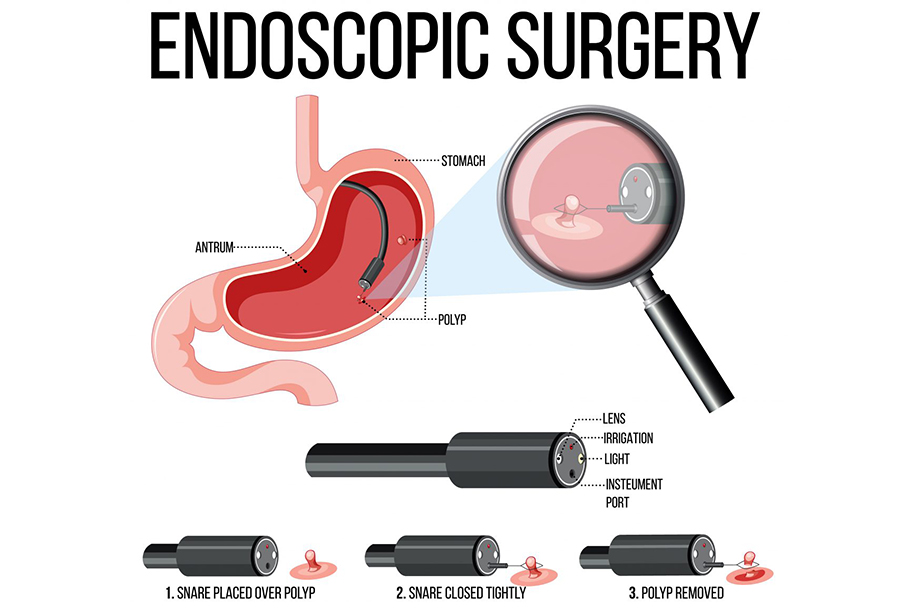
May 29, 2023
Obesity has become a prevalent issue in Dallas and worldwide, impacting a vast number of individuals and causing various related health issues. There are a number of weight loss treatments that are recommended for people who have not been successful with lifestyle changes alone. Endoscopic Sleeve Gastroplasty (ESG) is one of the popular choices in Dallas for patients seeking to attain lasting weight loss results. In this blog, we are going to answer some of the commonly asked questions about Endoscopic Sleeve Gastroplasty.
Who is a candidate for ESG?
ESG is typically recommended for individuals with a BMI over 30 who have been unable to achieve sustained weight loss through lifestyle modifications alone and who do not wish to undergo traditional bariatric surgery. Apart from the BMI criteria, individuals go through a thorough screening process to determine if the procedure is appropriate for them. ESG should be avoided by individuals with a large hiatal hernia or conditions associated with gastrointestinal bleeding, such as gastritis or peptic ulcer disease.
How should I prepare for ESG?
Once you are deemed eligible for endoscopic sleeve gastroplasty, our team of experts will provide you with personalized instructions on how to prepare for the procedure. This may involve undergoing certain pre-procedure lab tests and examinations and following specific dietary restrictions, drinking limitations, and medication protocols.
Are there any complications?
Endoscopic sleeve gastroplasty has a proven safety record. While experienced weight loss surgeons in Dallas always strive to ensure little to no complications for patients that undergo Endoscopic Sleeve Gastroplasty, the procedure is sometimes associated with a few complications. These are:
- Pain and discomfort: Patients may experience pain or discomfort in the abdomen or chest after the procedure, which can last for several days.
- Nausea and vomiting: Some patients may experience nausea or vomiting after the procedure, which is usually temporary and can be managed with medication.
- Gastrointestinal bleeding: Rarely, ESG can cause gastrointestinal bleeding, which may require hospitalization or transfusion.
- Infection: As with any procedure involving an endoscope, there is a risk of infection. Antibiotics are often given to patients before and after the procedure to reduce this risk.
- Stomach perforation: In rare cases, the endoscope used during ESG can puncture the stomach, which can lead to infection, bleeding, and other complications.
- Gastroesophageal reflux disease (GERD): ESG can sometimes worsen GERD or cause it to develop in patients who did not previously have the condition.
What results can I expect post-ESG?
The degree of weight loss gained from undergoing ESG is mainly determined by how committed an individual is to post-surgery lifestyle changes like engaging in physical activity, improving your emotional health, and following a healthy diet plan. Following the weight loss treatment program guidelines diligently can result in a weight loss of approximately 12% to 20% of an individual’s body weight within a year. Recovery from endoscopic sleeve gastroplasty typically only takes a few days.
Final Word
Despite the potential for temporary side-effects such as pain and nausea, the endoscopic sleeve gastroplasty procedure has a favorable safety profile. It has gained popularity in recent years due to its low risk, shorter recovery time, and effective weight loss results. If you are considering endoscopic sleeve gastroplasty in Dallas, consult the seasoned weight loss surgeons at DFW Bariatrics and General Surgery. We have a team of highly-skilled general surgeons who have a record of performing successful endoscopic sleeve gastroplasty procedures. To schedule an appointment, call 469-620-0222 or email [email protected]. You can also fill out our contact form, and we will reply at the earliest.
